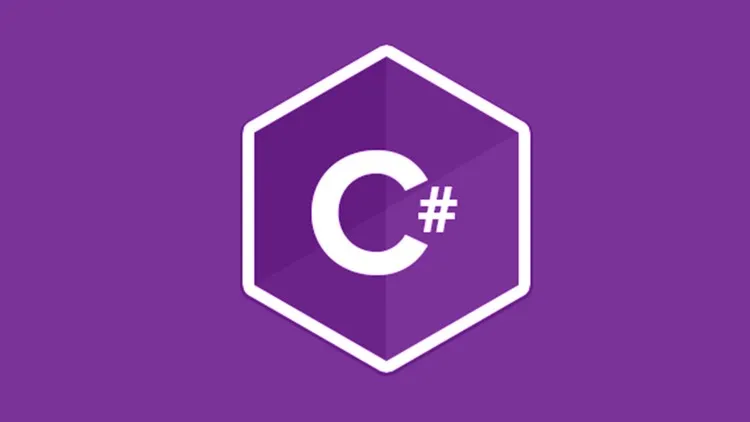Hello Guys
Some days ago I started a new topic. I wanna teach how to program a little. As you probably know I'm a software developer so I wanna bring some of the stuff that I do daily. With this topic I do not wanna do something hard to understand but the basic concepts of programming.
We'll start with a simple topics and the language that we'll use is C#.
About C#
C# is a simple, modern, general-purpose, object-oriented programming language developed by Microsoft within its .NET initiative led by Anders Hejlsberg. This tutorial covers basic C# programming and various advanced concepts related to C# programming language.
First of all, if you wanna try the examples that I'll provide you can use this site to program online C#. Alternatively, you can install the free version on Visual Studio, the best tool to program C# here.

Lesson 03: Data Type
In C# the basic kind of variables are:
- Value types
- Reference types
Value Type
Value type variables can be assigned a value directly (Derived from System.ValueType). The value types directly contain data. Some examples are int, char, and float, which stores numbers, alphabets, and floating point numbers, respectively. When you declare an int type, the system allocates memory to store the value.
source
| Type | Represents | Range |
|---|---|---|
| bool | Boolean value | True or False |
| byte | 8-bit unsigned integer | 0 to 255 |
| char | 16-bit Unicode character | U +0000 to U +ffff |
| decimal | 128-bit precise decimal values with 28-29 significant digits | (-7.9 x 1028 to 7.9 x 1028) / 100 to 28 |
| double | 64-bit double-precision floating point type | (+/-)5.0 x 10-324 to (+/-)1.7 x 10308 |
| float | 32-bit single-precision floating point type | -3.4 x 1038 to + 3.4 x 1038 |
| int | 32-bit signed integer type | -2,147,483,648 to 2,147,483,647 |
| long | 64-bit signed integer type | -9,223,372,036,854,775,808 to 9,223,372,036,854,775,807 |
| sbyte | 8-bit signed integer type | -128 to 127 |
| short | 16-bit signed integer type | -32,768 to 32,767 |
| uint | 32-bit unsigned integer type | 0 to 4,294,967,295 |
| ulong | 64-bit unsigned integer type | 0 to 18,446,744,073,709,551,615 |
| ushort | 16-bit unsigned integer type | 0 to 65,535 |
Code
// Initializing Value Types
int myInt;
// Invoke default constructor for int type.
myInt = new int();
// Assign an initial value, 0 in this example.
myInt = 0;
You can find more information here.
Reference Type
The reference types do not contain the actual data stored in a variable, but they contain a reference to the variables. In other words, they refer to a memory location. You can find more information here.
C# also provides the following built-in reference types:
- dynamic
- object
- string
String Type
The string type is one of the most used when programming.
"The string type represents a sequence of zero or more Unicode characters. string is an alias for String in the .NET Framework. Although string is a reference type, the equality operators (== and !=) are defined to compare the values of string objects, not references. This makes testing for string equality more intuitive." source
string s1 = "Hello ";
string s2 = "World.";
// Concatenate s1 and s2. This actually creates a new string object and stores it in s1, releasing the reference to the original object.
s1 += s2;
System.Console.WriteLine(s1);
// Output: Hello World.
You can find more information here.
Hope you enjoy the first lesson @criptomaster